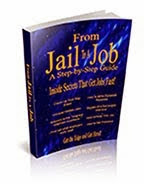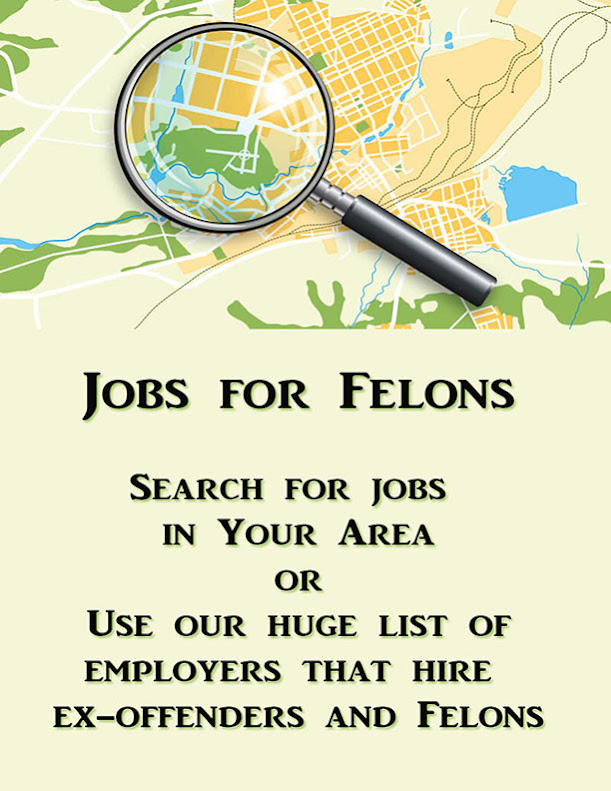Claims of racial disparity in how criminal background checks are used led to $3.7M class-action settlement.
“Target’s background check policy was out of step with best practices and harmful to many qualified applicants who deserved a fair shot at a good job,” said Sherrilyn Ifill, president of the NAACP Legal Defense and Educational Fund, which worked on the case. “Criminal background information can be a legitimate tool for screening job applicants, but only when appropriately linked to relevant questions such as how long ago the offense occurred and whether it was a nonviolent or misdemeanor offense.”
As part of the settlement of the class-action complaint, independent consultants will recommend changes to Target’s current screening guidelines. For example, they will come up with a list of convictions that are not considered job-related and should not disqualify a person from a particular position. They will also review the company’s appeals process that offers candidates a chance to show evidence of rehabilitation.
“We’re glad to resolve this and move forward,” the Minneapolis-based retailer said in a
statement. “At Target, we have a number of measures in place to ensure we’re fair and equitable in our hiring practices. … And in hiring, like the rest of our business, we hold diversity and inclusion as core values and strive to give everyone access to the same opportunities.”
Maurice Emsellem, program director with advocacy group National Employment Law Project, said this is one of the largest settlements of its kind and will likely provide a model for other employers as they look to adopt better hiring practices and policies.
In 2016, the U.S. Census Bureau agreed to pay $15 million to settle a similar class-action suit that involved an estimated 450,000 black and Latino applicants who may have been passed over for jobs because of background-check practices.
“Employers are now way more tuned into the laws and policies that encourage them to create more fair practices to hire people with records,” Emsellem said. “But there’s still plenty of big employers and small employers who have a long way to go to clean up their policies.”
As part of the settlement, which was filed Thursday in U.S. District Court in New York, black and Latino applicants who were denied employment from a Target store because of a criminal-background check since May 2006 will be eligible for priority hiring or interviewing for current open positions. Alternately, they can seek a financial award of up to $1,000.
Target is also giving $600,000 to five organizations that work to help individuals with criminal backgrounds find employment: AccessAbility’s Career & Educational Pathways program and RS Eden in Minnesota, Center for Employment Opportunities and the Fortune Society in New York, and A New Way of Life Reentry Project in California.
In 2016, Target was among the companies that signed on to a White House pledge that encouraged employers to eliminate unnecessary barriers facing applicants with criminal records.
Like many major employers, Target started using criminal background checks as part of its hiring process more than a decade ago. The retailer, which employs about 345,000 workers and is among the nation’s largest employers, used to ask job applicants about their criminal history on the initial application form.
But as part of the so-called “Ban the Box” movement, critics complained that such screening at the outset made it difficult for ex-offenders to get jobs even if their offenses were from when they were young or were not pertinent to the positions for which they were applying.
In 2013, Minnesota passed a law barring private employers from asking about criminal history on application forms. The following year, Target removed that question from its applications nationwide.
“Now, we gather criminal background information in the final stages of the hiring process,” Target said in a statement. “This ensures individuals are considered for employment based on their qualifications, interview and availability.”
However, the company said it still believes it’s important to consider conviction history.
“Individuals are given an opportunity to explain their criminal history and provide information about the circumstances, mitigating factors, good conduct and rehabilitation,” the company said. “We exclude applicants whose criminal histories could pose a risk to our guests, team members or property, and design our process to treat all applicants fairly while maintaining a safe and secure working and shopping environment for team members and guests.”
According to the lawsuit, Target’s policies mandated automatic rejection of applicants for broad categories of misdemeanors and felonies such as violence, theft and controlled substances convictions within seven years of applying. If an application required further review, it was forwarded to Target’s human resources division, which used its discretion to make a final determination “rather than apply any objective or validated measures,” the complaint said.
Such a screening process imported “the racial and ethnic disparities that exist in the criminal justice system into the employment process, thereby multiplying the negative impact on African-American and Latino job applicants,” the lawsuit said, noting that those groups are arrested and incarcerated at rates much higher than whites.
The plaintiffs in the case included Carnella Times, a 47-year-old black woman who applied for an overnight stocker position at a Target store in Connecticut in 2006. She was disqualified because of two misdemeanor convictions from 10 years earlier. The following year, she filed a discrimination charge with the U.S. Equal Employment Opportunity Commission, which issued her a right to sue in 2015 after years of investigation.
Another plaintiff was Erving Smith, a 40-year-old black man who applied for a stocker position at a store in Pittsburgh in 2014. He was denied the job because of a drug-related felony conviction from 2004.
Eric Mayo
















